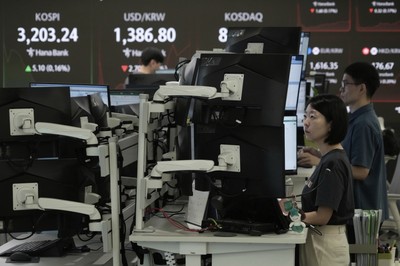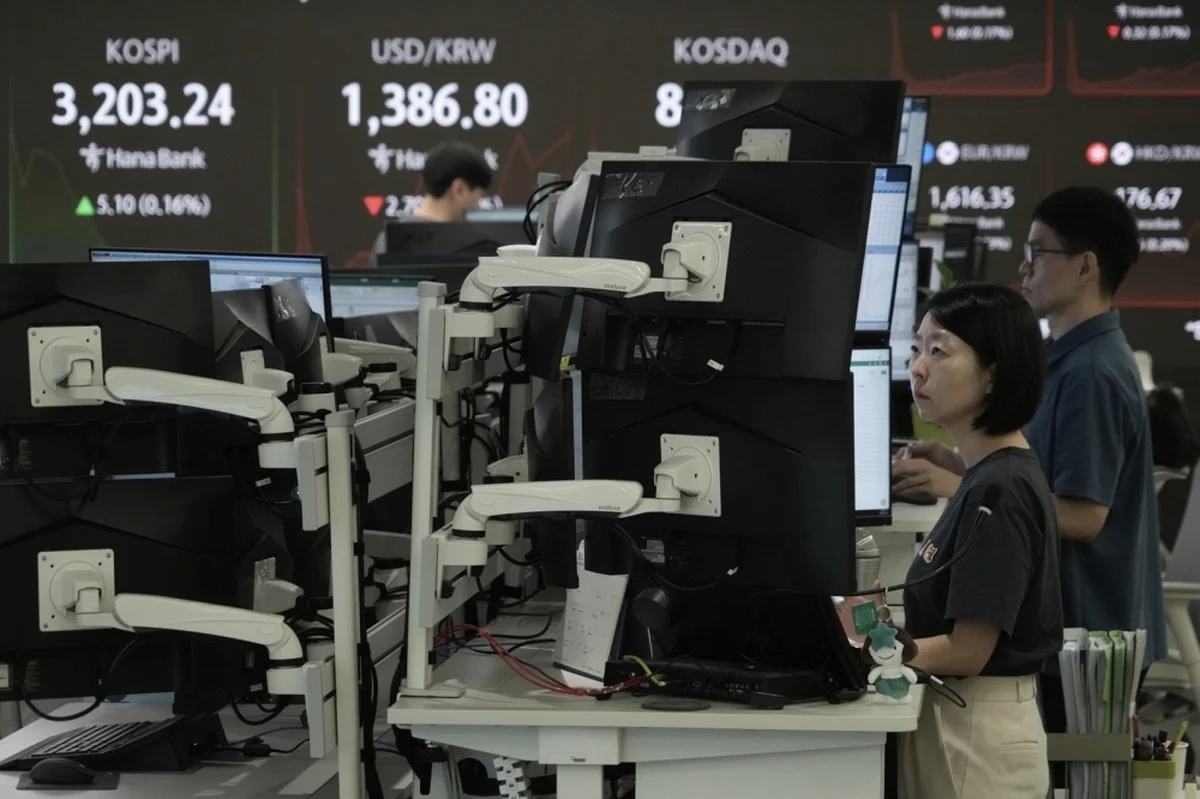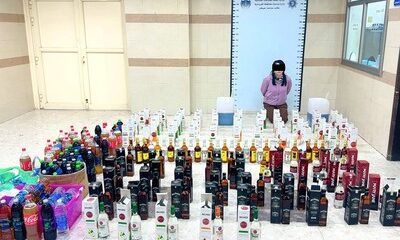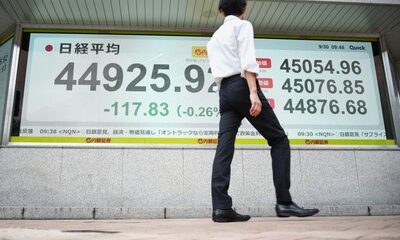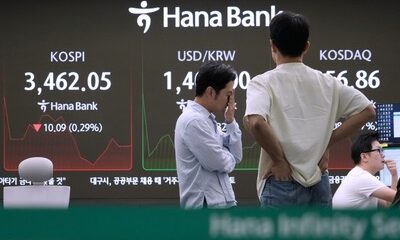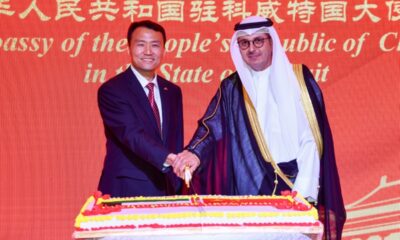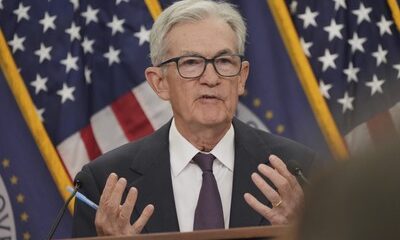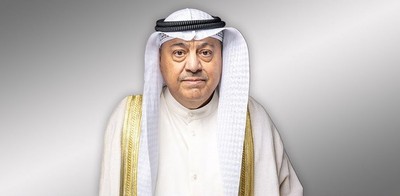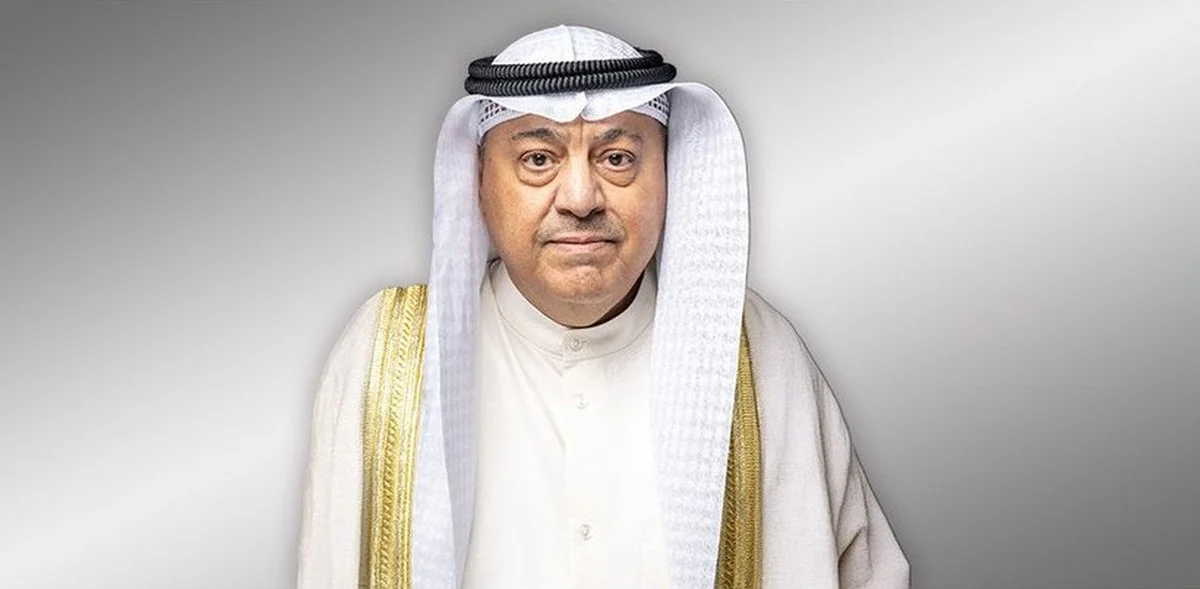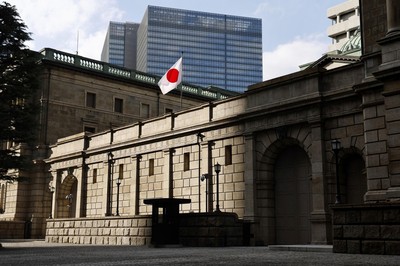KUWAIT CITY, Oct 2: The State of Kuwait has successfully returned to international debt markets for the first time since 2017, issuing USD 11.25 billion in sovereign bonds across three tranches, the Ministry of Finance announced Wednesday.
The landmark issuance was oversubscribed 2.5 times, with the order book reaching $28 billion, and priced at what the ministry described as “one of the lowest spreads ever for an emerging market sovereign issuer.”
According to the official statement, the bond offering includes:
- A three-year tranche of USD 3.25 billion at +40 basis points over US Treasury yields,
- A five-year tranche of USD 3 billion also at +40 basis points, and
- A 10-year tranche of USD 5 billion at +50 basis points over US Treasuries.
“These spreads are significantly lower than Kuwait’s first sovereign issuance in 2017,” the ministry noted, highlighting strong market confidence in the country’s fiscal and economic outlook.
Over 66 percent of the allocations went to investors outside the Middle East and North Africa region, broken down as follows:
- 30 percent to Europe and the United Kingdom,
- 26 percent to the United States, and
- 10 percent to Asia, underlining Kuwait’s wide global investor appeal.
Commenting on the success, Dr. Subaih Al-Mukhaizeem, Minister of Electricity, Water, and Renewable Energy, Minister of Finance, and Acting Minister of State for Economic Affairs and Investment, stated that the issuance “embodies the confidence of global markets in Kuwait’s financial strength, prudent policies, and robust reserves.”
Dr. Al-Mukhaizeem emphasized that this historic move is not solely aimed at covering financing needs, but rather “enhances Kuwait’s position in global markets and strengthens its relationships with international investors”, aligning with the country’s broader strategic development goals under New Kuwait 2035.
The Ministry noted that the offering ranks among the largest global sovereign issuances in 2025, and represents one of the year’s most heavily subscribed deals, reflecting investor confidence in Kuwait’s economic fundamentals and commitment to long-term fiscal reform.
The transaction was led by Citi, Goldman Sachs International, HSBC, JPMorgan, and Mizuho as joint global coordinators, with Bank of China and Industrial and Commercial Bank of China participating as passive co-managers.

 Politics19 hours ago
Politics19 hours ago
 Latest News17 hours ago
Latest News17 hours ago
 Latest News24 hours ago
Latest News24 hours ago
 Politics17 hours ago
Politics17 hours ago
 Politics16 hours ago
Politics16 hours ago
 Latest News12 hours ago
Latest News12 hours ago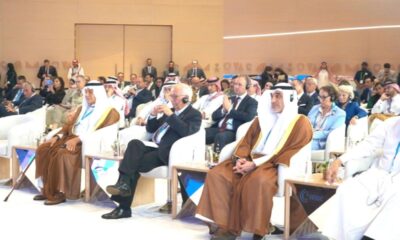
 Latest News9 hours ago
Latest News9 hours ago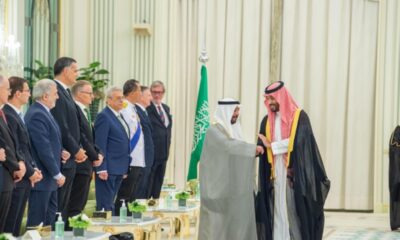
 Latest News8 hours ago
Latest News8 hours ago
